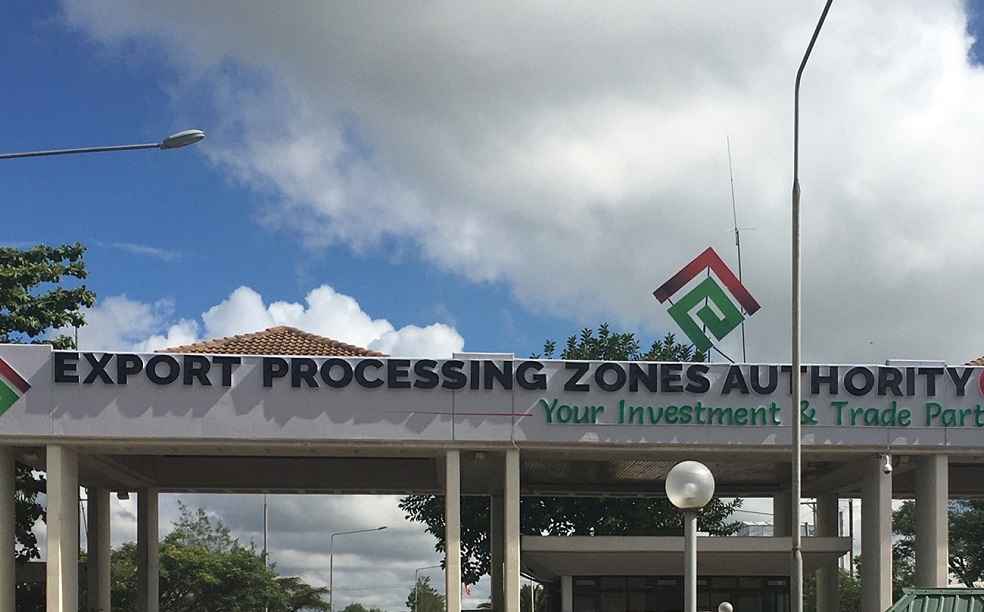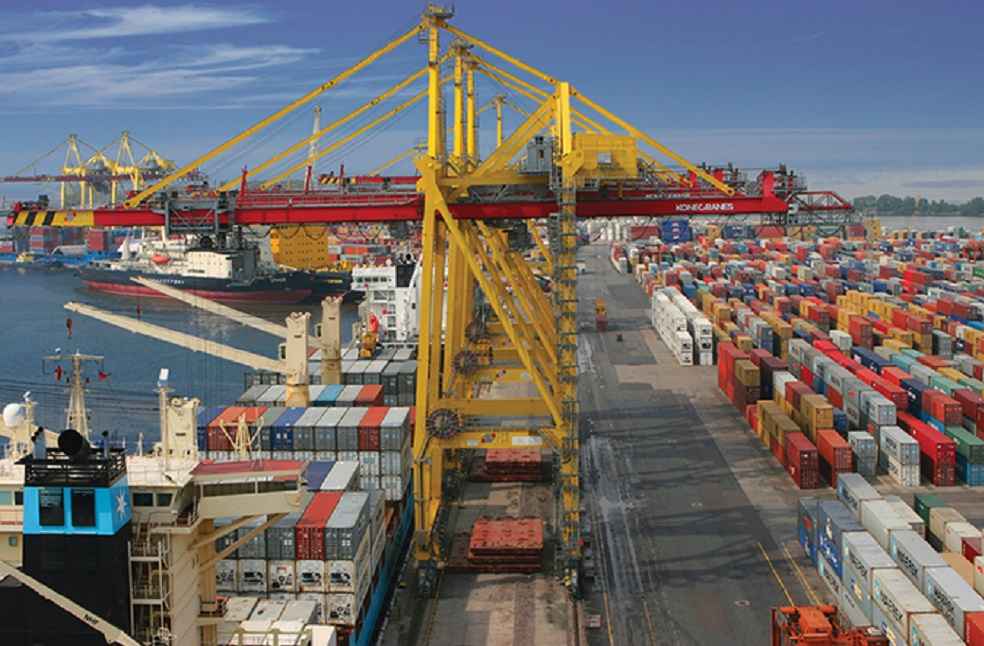Chairperson of the Export Processing Zone Authority (EPZA), Saifuddin Junejo, has urged the business community to leverage the EPZA’s latest initiatives which are private and public-participated Export Processing Zones (EPZs). These innovative concepts aim to boost investment and enhance Pakistan’s export potential.
Private and Public-Participated EPZs
Private EPZs offer potential investors the opportunity to develop, maintain, and operate export zones if they possess the necessary capital and land. Public-participated EPZs, by contrast, allow investors to develop and maintain these zones, with operations managed exclusively by the EPZA.
During a presentation at the Karachi Chamber of Commerce and Industry (KCCI), Junejo highlighted the rising interest from local and international investors in establishing EPZs. These proposals will be processed by the EPZA and the federal government within a stipulated timeline.

“We have created this opportunity in line with the prime minister’s vision to establish EPZs in all the cities, which offer the best incentive packages, including tax exemptions, immunity from the Foreign Exchange Regulation Act (FERA), and no restrictions under import and export policies, which are not applicable to business units at EPZs,” stated Junejo.
Addressing Space and Scale Challenges
The Karachi Export Processing Zone was initially planned for 3,000 acres but currently spans only 300 acres. Junejo compared this to the UAE’s Jebel Ali Free Zone, which covers 15,000 acres and had a trading volume of $104 billion last year. Pakistan’s total exports, despite several industries, reached only around $28 billion. This disparity stresses the need to expand existing EPZs and establish new ones.
Currently, nine EPZs operate in Pakistan, similar to Bangladesh. Pakistan’s EPZs contribute merely 3-4% to national exports, whereas Bangladesh’s SEZs contribute 16-20%.

New Rules and Opportunities
Director of Investment Promotion at EPZA, Ghulam Mustafa Wahocho, emphasized the need for private and public-participated EPZs, given the government’s lack of land and funds. The Private and Public Participated EPZs Rules 2023, available on EPZA’s website, outlines criteria for establishing these zones, including a minimum of 50 acres of land (owned or leased for 50-99 years) and sufficient capital.
These EPZs will be notified within a timeline: 15 days for EPZA evaluation, 15 days for EPZA Board approval, and 60 days for federal government approval. Wahocho encouraged KCCI to spread the word about these opportunities to its member companies and potential investors to enhance Pakistan’s export capabilities.
Optimism for the Future
KCCI President Iftikhar Ahmed Sheikh expressed confidence in Junejo’s leadership, given his extensive experience with Pakistan Customs and as a commercial counselor in China. Sheikh believes the EPZA will provide the necessary facilities and incentives to attract a major number of local and foreign investors, ultimately boosting Pakistan’s exports.
TRADE WORLD | Natural Rubber Shortage Threatens Tire Production in India, ATMA Warns



